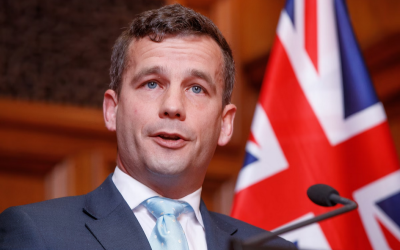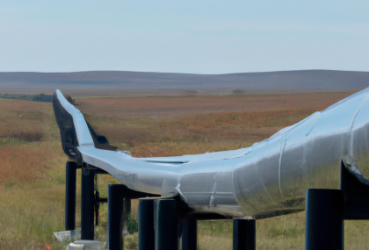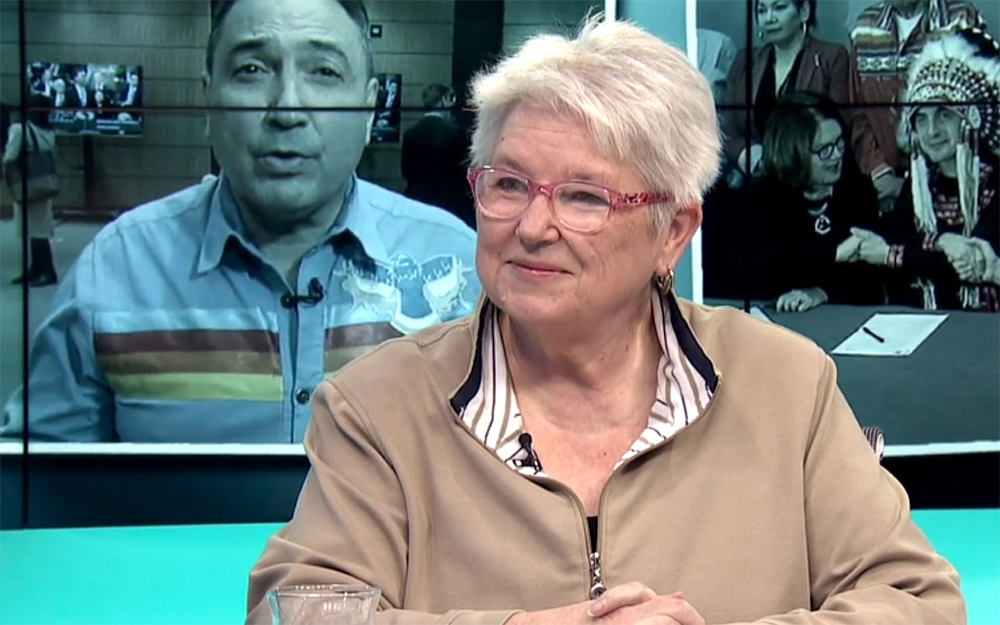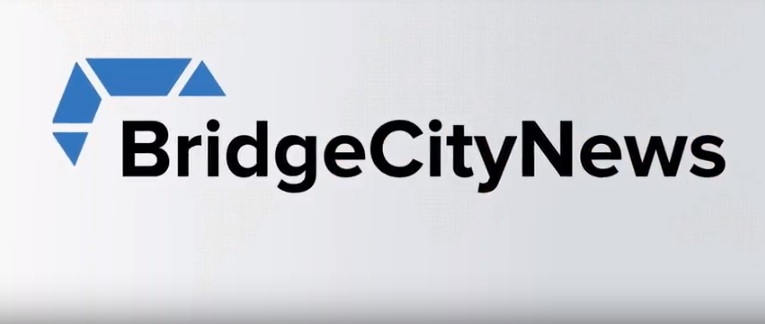Listen to Senior Fellow Rodney Clifton discuss an emerging trend from CBC Radio and various other groups; of renaming,or referring to, Canada as 'Turtle Island', on SAUGA 960 AM (Toronto) with Richard Syrett. (8 minutes) March 19,2024 ...
Media Appearances
Canada’s Woke Nightmare: A Warning to the West
A new video documentary by Britain’s Telegraph Newspaper
David Seymour: From the Frontier Centre for Public Policy to the Heart of New Zealand Politics
ACT leader David Seymour speaks during a media conference in Parliament on Sept. 28, 2021. (Getty Images) Winnipeg, Manitoba – The winds of political change are sweeping across New Zealand as David Seymour, leader of the ACT Party, brings a renewed emphasis on...
Maine Court Ruling Threatens Canada U.S. Pipeline Commerce: Report
Unchallenged, Canada U.S. pipelines ruling may spur more anti-energy moves, says Frontier Centre for Public Policy
Featured News
There’s Nothing Fair About Canadian Health Care
For the past 14 years, Vancouver surgeon Dr. Brian Day has led the charge for health-care reform, pushing for the right of patients to pay for private care if their health and well-being are threatened as a result of waiting in a stagnant and overburdened public...
Transformers: More than Meets the Eye
The path to net zero, based on the much disputed belief that carbon dioxide is a pollution, is more steep and impractical than most people realize. Replacing fossil fuels with clean electricity will require much more power generation and a greatly upgraded grid to...
Re-direct money from Indigenous affairs departments and into the pockets of status Indians: researcher
An average family of five people who have status cards could be more than $25,000 richer each year if treaty annuity payments were based on today’s land values. Currently, treaty people with status cards get $5 a year based on land values from the 1800s – that’s $25...
In this interview with Sandra Gagnon of Radio-Canada Alberta Marco Navarro-Génie commented on the strengths and weaknesses of Alberta's United Conservative Party heading into the 2019 election of April 16. Dans cette entrevue avec Sandra Gagnin à Radio-Canada Alberta,...
Radio interview with David Mackinnon (580 CFRA)
Frontier Senior Fellow David Mackinnon discusses the problems with Canada’s antiquated equalization system and how it suppresses growth in recipient provinces. On 580 CFRA News Talk Radio on December 11, 2018 with Rob Snow. Listen here.
BridgeCityNews: Real Estate Affordability Epidemic
The average house prices in Canada has skyrocketed over the last ten years, fueled with high demand in hot spots like Vancouver and Toronto. Is there a way to bring prices to a little more affordable level for Canadians?
BridgeCity News Interview: Feminism
Feminism has been around for quite sometime, however, is feminism becoming more extreme in our society? The anti-male element has become stronger in the 20th century from the 1960's. "Only when manhood is dead and it will perish when ravaged femininity sustains it...
BridgeCity Interview: Entertainment v. Propaganda
Canadians enjoy the escapism of movies and television. Is it just harmless entertainment or does this stuff have an actual tangible effect on our social behaviors? Today's society is the most entertainment focused of all time. Some would argue that our media simple...
Interview: Frontier Senior Fellow Michael Zwaagstra discusses changes to Ontario's sex-ed curriculum accompanied by scrapping discovery math model on The Roy Green Show. (~17 minutes)
Ian Madsen joins Geoff Currier to explain the common negative effects that are nearly inevitable, and more.
Bridge City News interview: Political Correctness and Progressive Stacking
Many Canadians are beginning to speak out against what seems to be an excess amount of political correctness, especially in the political and academic realms. Dr. Philip Salzman, Senior Fellow with Frontier Centre for Public Policy speaks with Bridge City news on...






